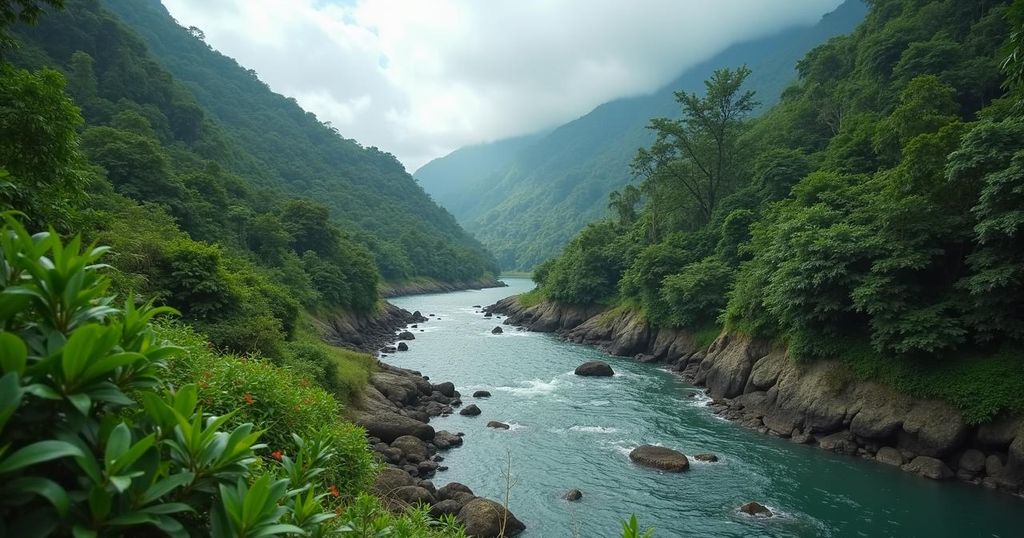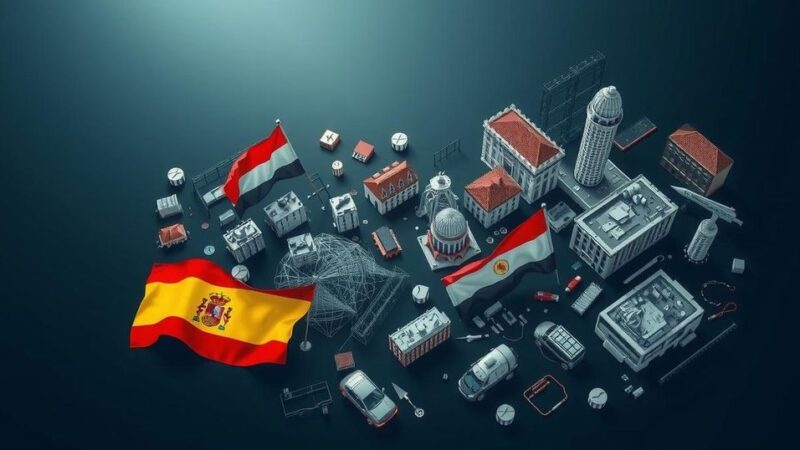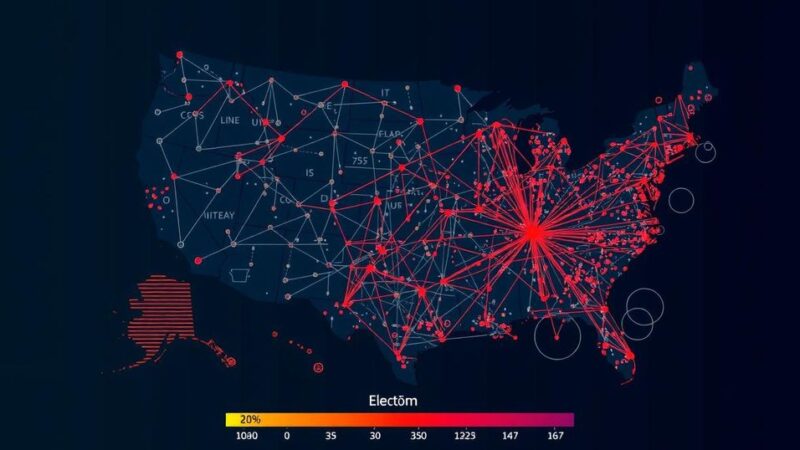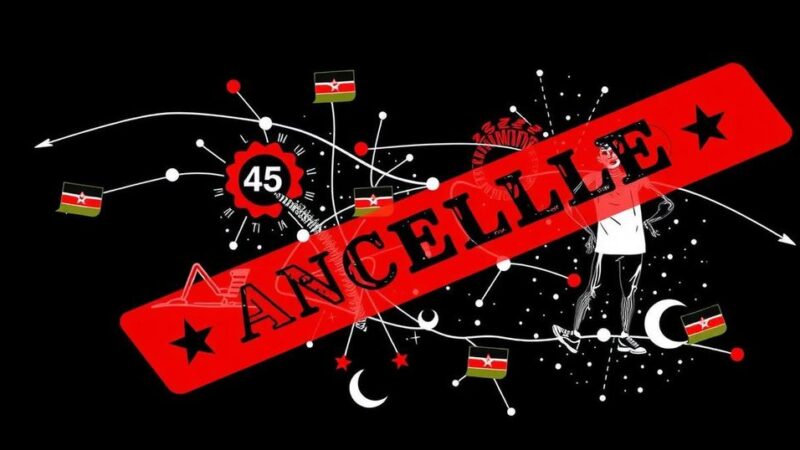In September 2024, migration through the Darien Gap increased sharply, primarily due to Venezuelans fleeing the political turmoil following controversial elections. Despite an overall decrease in crossings this year, September’s numbers highlighted significant Venezuelan participation, raising concerns over reduced humanitarian assistance for migrants. While the Panamanian government aims to curb migration through various measures, challenges remain due to geopolitical tensions and humanitarian organization suspensions.
In September 2024, migration through the Darien Gap—a treacherous jungle passage connecting Colombia and Panama—saw a significant uptick, primarily driven by Venezuelans following the country’s controversial elections. The Panamanian government reported that the volume of migrants crossing the Darien has surged, with over 25,000 individuals making the journey last month alone, marking a 51% increase from August. Venezuelans accounted for more than 80% of these crossings, attributed to the escalating political and social turmoil in Venezuela since the July 28 elections. Despite a decrease in the overall number of migrants crossing the Darien—277,939 up to October 7, 2024, representing a 36% decline compared to the previous year—September’s figures indicate a clear shift in migration patterns. Panamanian President José Raúl Mulino had pledged to intensify measures aimed at curbing migration, including the closure of several access points and plans for a repatriation program in cooperation with the United States. However, these measures do not currently apply to Venezuelan migrants, largely due to Panama’s severed diplomatic ties with Venezuela following the election dispute. The initiative has resulted in the suspension of direct flights between the two nations, further complicating the situation for Venezuelans seeking to escape their country. Additionally, humanitarian assistance for migrants has declined significantly. A report from Refugees International highlighted that migrants arriving in Panama now face reduced support services. The organization linked this decrease to the suspension of Doctors Without Borders (MSF) from providing aid due to alleged governmental retribution following complaints about rising rates of sexual violence in the Darien region earlier in 2024. However, MSF announced it has resumed operations at the Lajas Blancas reception station, having provided medical care to over 72,700 migrants in the past year. The governing authorities’ rhetoric and enforcement strategies may have temporarily dissuaded migration in the short term, according to Refugees International, but the underlying factors compelling individuals to undertake this dangerous journey remain unresolved.
The Darien Gap is a well-known migratory route characterized by its dense jungle and difficult terrain. This region has become a focal point for mass migration, particularly among Venezuelans who are fleeing economic hardship and political instability in their homeland. Following controversial elections in Venezuela, many have opted to leave the country, resulting in an increase in crossings through the Darien Gap as individuals seek safety and better opportunities. The response from Panamanian authorities has included attempts to curb migration through various travel restrictions and diplomatic maneuvers, yet these strategies have encountered obstacles and have not effectively stemmed the flow of migrants. Furthermore, humanitarian organizations provide crucial support to the influx of migrants, though their ability to operate can be hindered by governmental policies and geopolitical tensions.
The sharp increase in migration through the Darien Gap in September 2024 highlights the ongoing crisis facing Venezuelans, exacerbated by domestic political developments and insufficient humanitarian support. While Panamanian authorities attempt to manage the situation through various policies, the underlying drivers of migration persist, necessitating a more comprehensive approach to both aid and immigration policy. The suspension of key humanitarian organizations, such as Doctors Without Borders, further complicates the scenario, emphasizing the urgent need for effective support systems for migrants in transit.
Original Source: apnews.com






